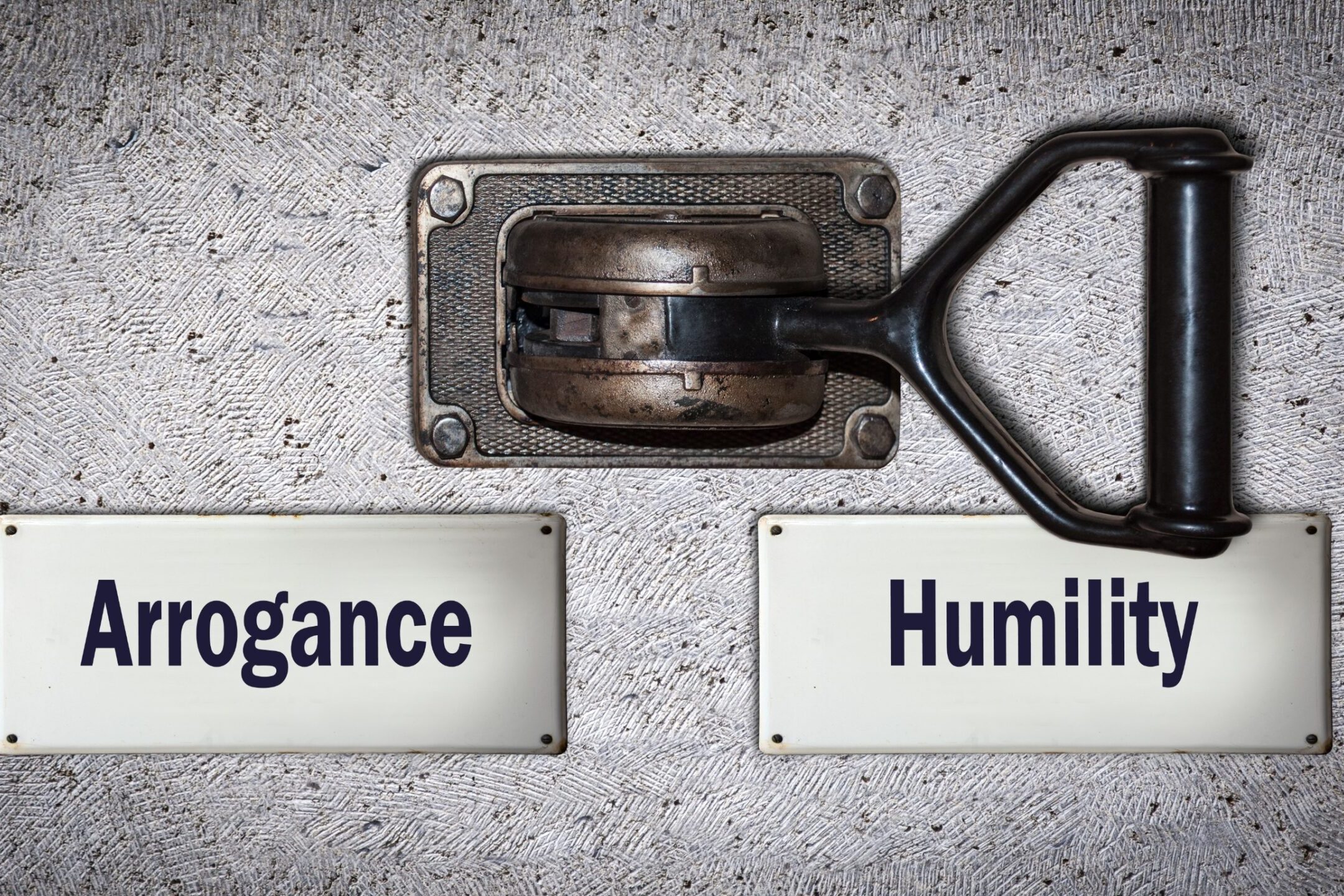The evidence is clear. Humility gets results. And though our society seems to be attached to the idea of the all-knowing leader, evidence shows that the advantage goes to the leader who embodies humility.
Humility is a powerful mindset. Humility is not about being silent or meek. Humility is not about thinking less of yourself, as C.S. Lewis said, but rather humility is about thinking of yourself less. Humility is knowing your own value, and it is knowing the value that others bring.
Merriam-webster defines humility as “freedom from pride or arrogance.” For a moment, let that sink in…freedom from pride or arrogance.
What would your leadership feel like to others if you were free from pride or arrogance? What questions might you ask? How might your outcomes change? What team members might you hire?
Humility invites us to have an open mind. We feel increased appreciation for those around us. We recognize we aren’t the only ones in the room with talent or intelligence. We don’t hesitate to admit our mistakes. In fact, we embrace our limitations. We understand the information we have been given and our perceptions are not foolproof. We acknowledge the interconnectedness and interdependency of the context in which we lead (Tangney, 2000). Most importantly, we learn.
Leading with humility gives leaders an advantage because it keeps leaders grounded in curiosity. Curiosity gently reminds us that we don’t know everything. Curiosity reminds us that maybe someone else knows or understands what we don’t. Curiosity inspires action and connection…it inspires “the reach out” for more information. This embodiment of humility causes leaders to accept their interdependence with others. Since the foundation of leadership is relationships, connecting with others is a priority.
Connecting with others takes intentionality and commitment, as it always has, and yet today, scheduling to meet with someone seems to take much more effort than before. This is why when leaders follow through on setting time aside in their day to connect with those who are doing the work of providing the service or product, it means a lot to that team. Done well, the team will feel seen, heard and valued for their contribution.
What if this is new to you? What if you aren’t sure how to connect with a team you haven’t connected with in a while? What is the next best step to take? What might it look like to just say that to the team you want to connect with?
“It’s been a while since we have connected. I am committed to changing that. Inside of this commitment, what do you think is the most important question I need to ask you or the team?”
Asking open-ended questions in the spirit of curiosity, followed by listening with the intent to understand that person’s perspective, builds trust. It causes the dynamics of hierarchical leadership to shift, elevating the individual being asked for their input. The very act of asking communicates with others a few things:
- A readiness to listen
- An acknowledgment of needing others
- Vulnerability
The ROI? Improved team collaboration, decreased burnout in employees, improved employee engagement, and better outcomes (Wu et al., 2022).
Embracing humility moves leaders away from our culture of telling people what to do and instead, replacing telling with asking people open-ended questions. Considering your role as a leader and the complexity of the world, asking questions with the intent to learn is critical. Leadership isn’t about knowing what to do in all situations or having all the answers, or always being right. Leadership is about having the courage and humility to say you don’t know. Asking the question, “What do you think might be the next best step to take?” isn’t a sign of incompetence. It’s a sign of humility, courage and curiosity.
Humble inquiry is a powerful way to access humility. Edgar Schein defines humble inquiry as, “the fine art of drawing someone out, of asking questions to which you do not already know the answer, of building a relationship based on curiosity and interest in the other person” (Schein, 2013, p. 2). Schein suggests that we consider asking ourselves the following questions (Schein, 2013, p. 102):
- What is going on here?
- What would be the appropriate thing to do?
- What am I thinking and feeling and wanting?
- On whom am I dependent?
- Who is dependent on me?
- With whom do I need to build a relationship in order to improve communication?
Leadership is not a hero’s journey; leadership is a collaborative team approach best steeped in humility.
References:
Schein, E. H. (2013). Humble inquiry: The gentle art of asking instead of telling. Berrett-Koehler Publishers.
Tangney, J. P. (2000). Humility: Theoretical perspectives, empirical findings and directions for future research. Journal of Social and Clinical Psychology, 19(1), 70-82.
Taylor, B. (2018). If humility is so important, why are leaders so arrogant? Harvard Business Review. Retrieved May 15, 2023, from https://hbr.org/2018/10/if-humility-is-so-important-why-are-leaders-so-arrogant
Wu, Y., Li, R., Akbar, S., Samad, S., & Comite, U. (2022). The effectiveness of humble leadership to mitigate employee burnout in the healthcare sector: a structural equation model approach. Sustainability, 14(21). Retrieved May 19, 2023, from https://doi.org/10.3390/su142114189








